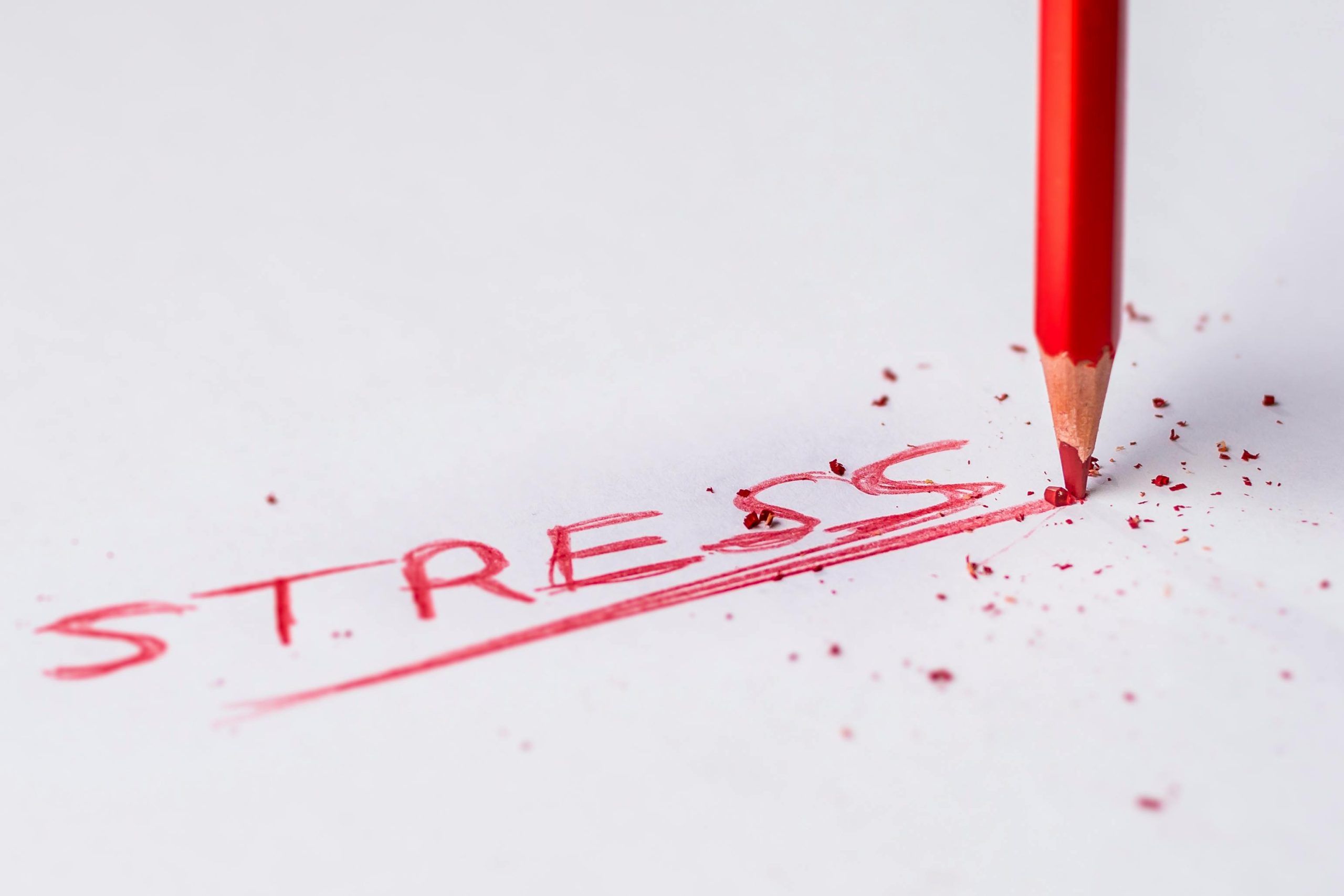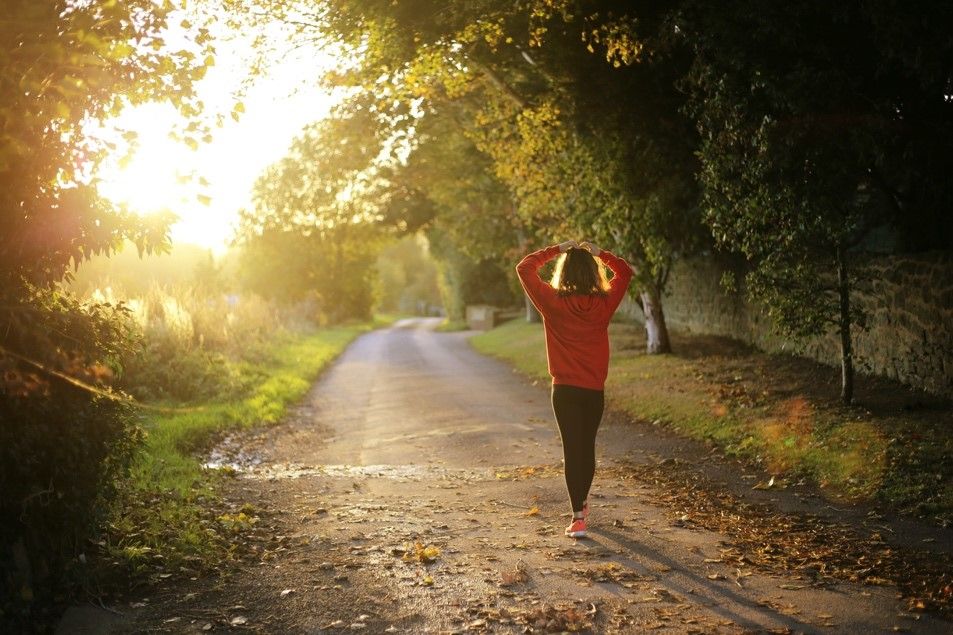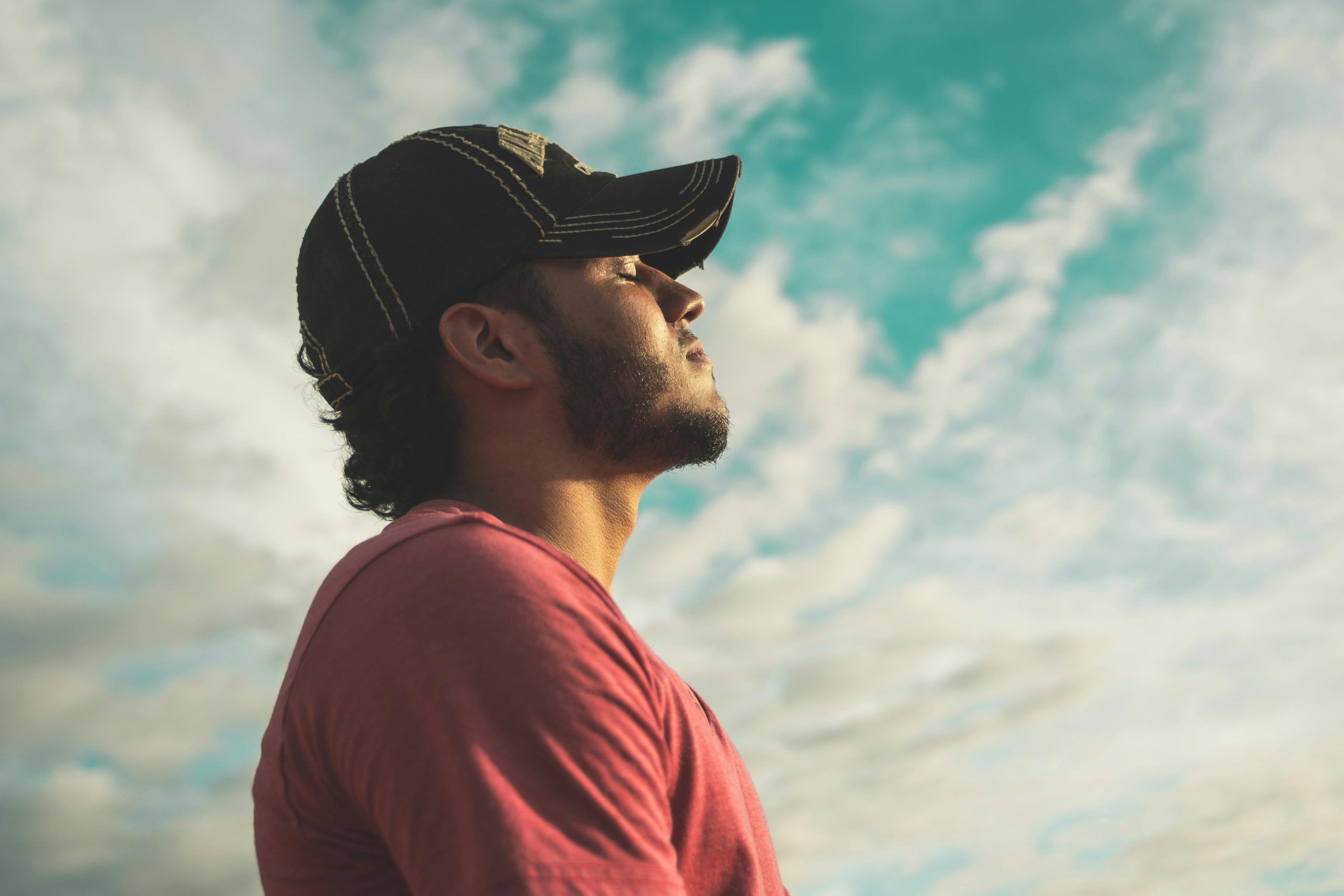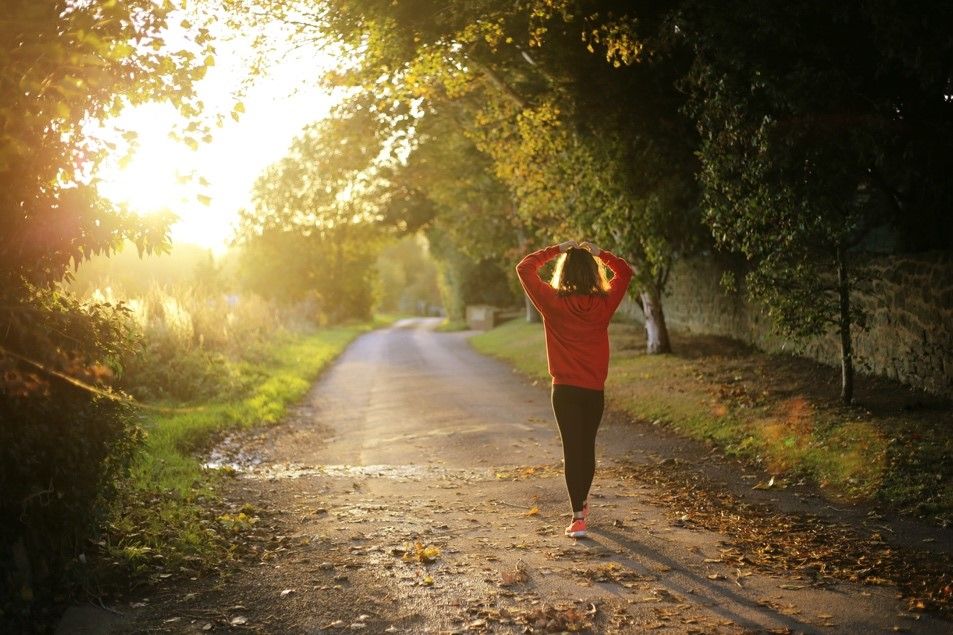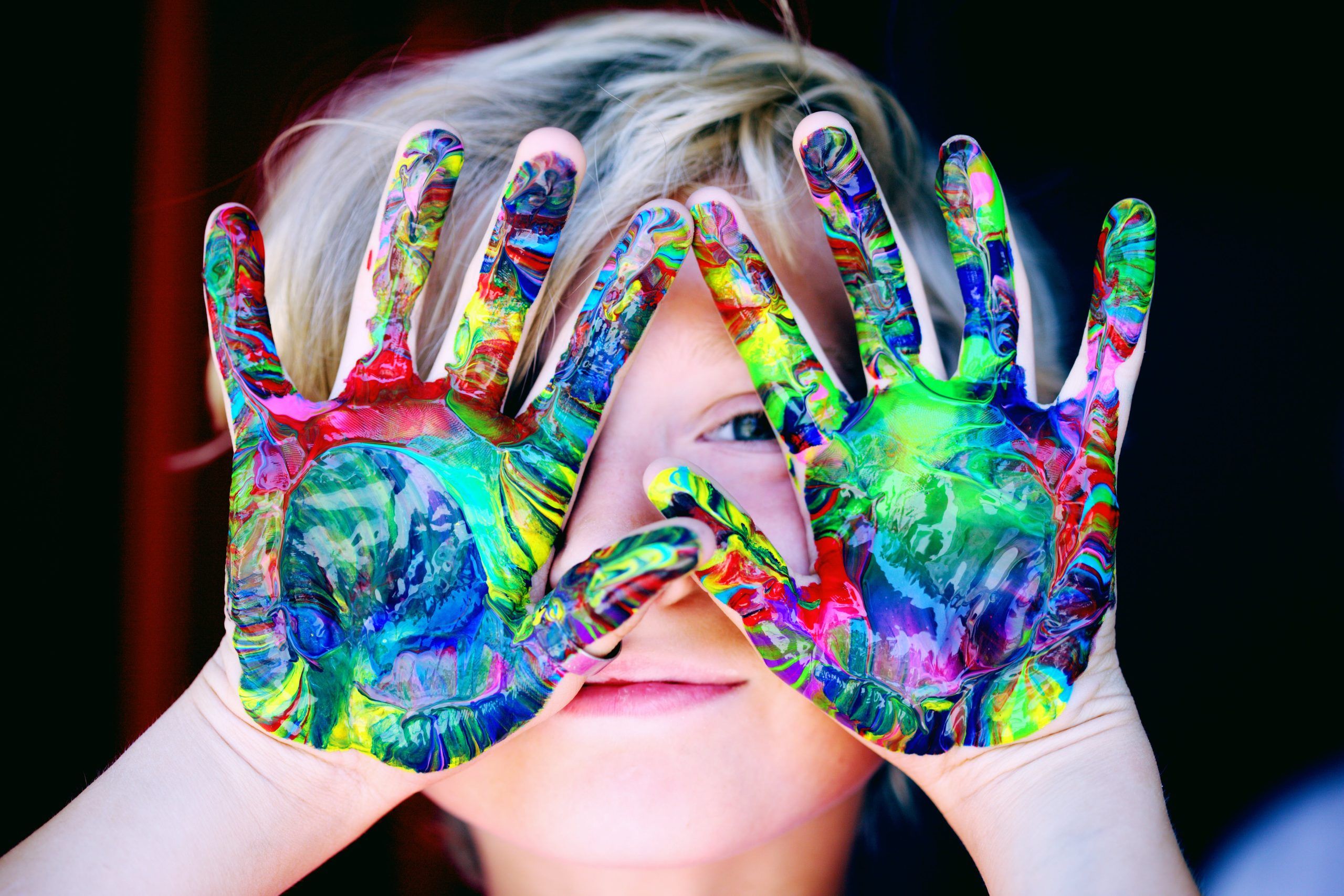Finishing the Toolkit on Resilience and Mindfulness for Youth
Looking back on the first year of work as an international consortium we have worked hard to complete the first project result – Toolkit on Resilience and Mindfulness for Youth. Our objectives with this toolkit are: To offer youth an easy-to-understand and fun tool that gives them guidance and ideas on how to improve their mental health, through building resilience, developing mindfulness and relationships with the people around them. Not least to give youth workers and teachers a tool to work with students and young people.
The toolkit comprises of 4 chapters:
● Mental health + Wellbeing
● Mindfulness
● Resilience
● Relationships (creating bonds)
The Toolkit is being finalized and translated into partner’s national languages and will be available soon on the project’s website: www.benefitproject.org.
Desk research and 2 workshops done
Looking back at year 2023
With the guidance and templates from the Institute of Development and CARDET, both our partners from Cyprus, we have done desk and field research mapping out the current state of mental health and mental health prevention in partner countries. We held a focus group with one of the target groups of the project – youth workers – to find out their awareness of the issue and their needs.
Based on this research and our professional expertise, we developed the toolkit.
At the end of 2023, each member of the consortium held successfully 2 workshops for youth workers and for youth, which introduced the practical tools of the toolkit and gave all participants the opportunity to work on their resilience, mindfulness and improve their mental health.
What will we work on next?
Training Package for Youth Workers
As our work continues, we will turn our focus to developing a Training Package for Youth Workers on Mental Health Support. The Training Package will include a Curriculum that will be available as an eCourse via the project’s eLearning Platform (www.benefitproject.org), and a Manual that youth workers can follow and use to educate and inform young people on key concepts and approaches to elevate their resilience and mindfulness.
Our main objective is: To pass on youth workers basic knowledge of the importance of collaboration in addressing mental health challenges. Factual knowledge of existing resources and support networks. And last but not least practical knowledge of techniques for effective communication and partnership-building.
This package will consist of 5 learning modules:
● Resilience – Building Emotional Strength and Wellbeing Strategies
● Mindfulness – Enhancing Mental Health Awareness and Self-Care Skills
● Mental Hygiene: Promoting Positive Mental Health Habits – Strengthening Support Networks for Workers and Clients
● Technology and Security – Developing Healthy Digital Habits, and Creating Nurturing and Supportive Spaces for Workers and Clients
Over the next few months we will be working on developing these materials, and in the next newsletter we will be able to update you further.
Stay informed
Our social media
Project’s facebook:
www.facebook.com/benefiteuproject/
Partner’s social media profiles:
SEMwell, Czech Republic: Facebook
CARDET, Cyprus Facebook
Institute of Development, Cyprus: Facebook
Jugendförderverein, Germany Facebook
Mindshift Talent Advisory, Portugal: Facebook
Future in Perspective Limited, Ireland: Facebook
